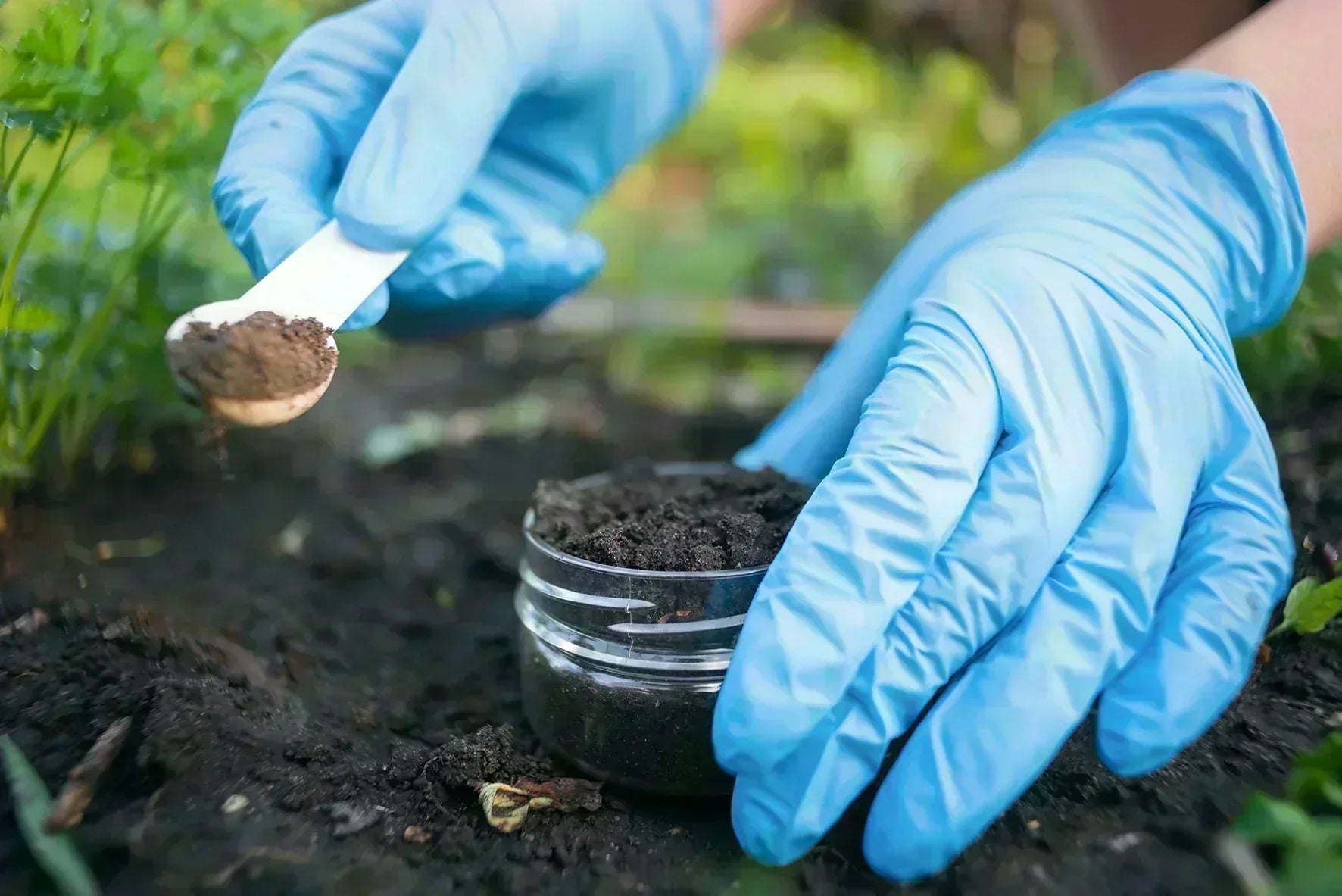How Compost Benefits Plants: The Natural Superfood for Your Garden
If you're passionate about gardening, sustainability, or simply reducing waste, you’ve probably heard about composting. But beyond being an eco-friendly way to manage food scraps, compost is one of the best things you can add to your soil. It’s a natural superfood for plants, providing essential nutrients, improving soil structure, and boosting plant health in countless ways. But what do plants do with compost? Let’s break it down.
Compost: A Nutrient Powerhouse
Compost is packed with organic matter, microbes, and nutrients like nitrogen, phosphorus, and potassium—essential elements that plants need to thrive. When added to soil, compost slowly releases these nutrients, ensuring plants have a steady and balanced diet. Unlike synthetic fertilizers, which can lead to nutrient imbalances or soil degradation, compost nourishes plants naturally, helping them grow strong and resilient.
How Plants Use Compost
1. Nutrient Absorption
As compost breaks down, it releases minerals and nutrients into the soil. Plant roots absorb these nutrients through a process called ion exchange. Compost provides a natural and steady supply of key macronutrients (N-P-K) and micronutrients like calcium, magnesium, and iron, all of which are essential for healthy growth, photosynthesis, and flowering.
2. Boosting Soil Microbiology
Healthy soil is teeming with beneficial microorganisms, including bacteria and fungi, which play a vital role in breaking down organic matter into plant-available nutrients. Compost introduces and supports these microbes, creating a thriving underground ecosystem that enhances root health and nutrient uptake.
3. Improving Soil Structure
Compost improves soil texture, whether you have dense clay or sandy soil. It helps clay soil drain better and prevents sandy soil from losing moisture too quickly. By increasing soil aeration and water retention, compost ensures that plant roots can access oxygen and moisture more effectively.
4. Enhancing Root Growth
A healthy root system is the foundation of strong plants. Compost improves root development by creating a nutrient-rich, well-aerated environment. Stronger roots mean better anchoring, greater resilience against drought, and more efficient nutrient uptake.
5. Disease and Pest Resistance
Plants grown in compost-enriched soil tend to be more resistant to pests and diseases. This is because compost strengthens the plant’s immune system while also promoting beneficial microbes that help suppress harmful pathogens. A healthier plant is naturally more resistant to stressors like fungal infections and insect attacks.
Why Reencle Compost is Ideal for Your Plants
Traditional composting can take months to break down, but with Reencle, you can create nutrient-rich compost from your kitchen scraps in as little as 24 hours. Our advanced composting technology ensures a perfect balance of moisture, oxygen, and beneficial microbes, delivering premium compost that your plants will love.
By using Reencle, you’re not just reducing food waste—you’re creating a continuous cycle of sustainability that feeds your plants, enriches your soil, and contributes to a greener planet.
Start Composting Today
Whether you’re growing vegetables, flowers, or houseplants, compost is the key to healthier, more vibrant growth. By incorporating compost into your gardening routine, you’re providing your plants with everything they need to flourish—naturally and sustainably.
Discover the power of compost with Reencle and give your plants the nutrition they deserve!




Leave a comment
This site is protected by hCaptcha and the hCaptcha Privacy Policy and Terms of Service apply.